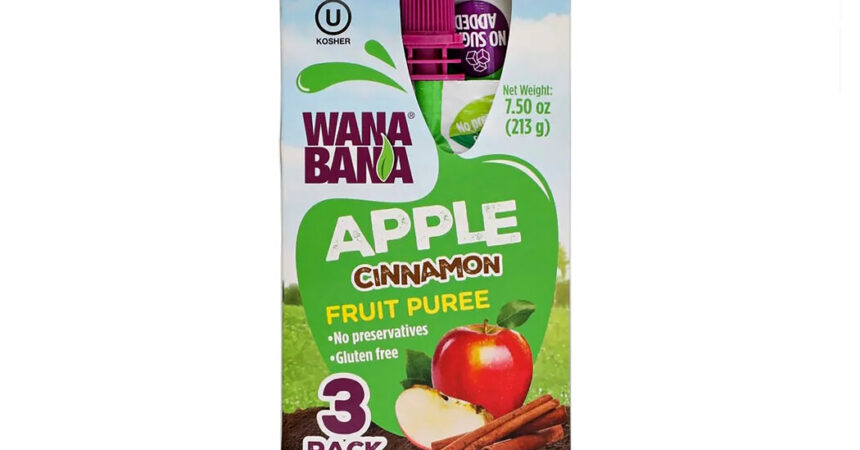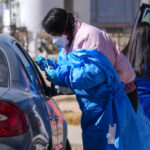The contaminated applesauce might need gone unnoticed for even longer had it not been for a household in North Carolina.
Early final summer season, Nicole Peterson and Thomas Duong had been alarmed by their younger youngsters’s blood-lead ranges in a routine screening. Inside weeks, the degrees had doubled.
Ms. Peterson stated the couple labored with the native well being division as they tried to find out what might be hurting their youngsters. We “weren’t sleeping and we’re not consuming — like that is driving us loopy,” stated Ms. Peterson. She and her husband are suing Greenback Tree, the place they purchased the applesauce, and WanaBana, a U.S. distributor led by Austrofood officers.
A Greenback Tree spokeswoman stated the corporate is dedicated to the protection of the merchandise it sells. Austrofood stated that it had relied on its provider’s certification and that none of its different merchandise have been recalled.
Their 3-year-old daughter, a fierce, brilliant lady who loves twirly clothes and nail polish, had a blood-lead degree of 24 micrograms per deciliter, almost seven occasions the C.D.C.’s degree of concern. Her youthful brother, an easygoing toddler who loves noisy vans and dance music, had reached a degree of 21.
Public well being investigators searched their residence and day care, however failed to seek out the supply. When the dad and mom’ blood checks got here again regular, they started to suspect one meals that solely the kids ate: foil pouches of cinnamon applesauce.
North Carolina well being officers examined them and located terribly excessive lead ranges.
That prompted the F.D.A. to behave.
Looking for the Supply
In late October, Austrofood recalled tens of millions of applesauce pouches. The F.D.A. has stated it believes that this measure eradicated the contaminated cinnamon from the U.S. meals provide.
The Facilities for Illness Management and Prevention estimates that greater than 400 infants and toddlers had been poisoned. The median take a look at consequence was six occasions the extent discovered within the water disaster attributable to lead pipes a decade in the past in Flint, Mich.
The publicity in Flint was extra sustained, and its long-term results have proved tough to quantify. However years later, the variety of college students within the metropolis who certified for particular training doubled.
Earlier this month, the F.D.A. stated that Ecuadorean investigators consider the cinnamon was possible contaminated by Carlos Aguilera, who ran a spice mill. The Ecuadorean well being company filed an administrative grievance towards Mr. Aguilera, saying he had operated with no allow and used damaged equipment that elevated the chance of impurities, information present. The grievance is pending.
Ecuadorean officers took packaged cinnamon from Mr. Aguilera’s clients that examined optimistic for lead, in response to inspection reviews and interviews.
However investigators discovered no contaminated cinnamon at Mr. Aguilera’s plant, information present. In an interview with reporters, he denied including lead chromate.
Austrofood will not be explicitly required to check its merchandise for lead. Underneath F.D.A. laws, corporations should solely determine possible food-safety hazards and develop plans to deal with them.
Austrofood had a plan, however lead was not amongst its anticipated dangers, in response to F.D.A. information.
After the lead poisoning, the F.D.A. cited Austrofood for failing to determine lead as a hazard, company information present.








